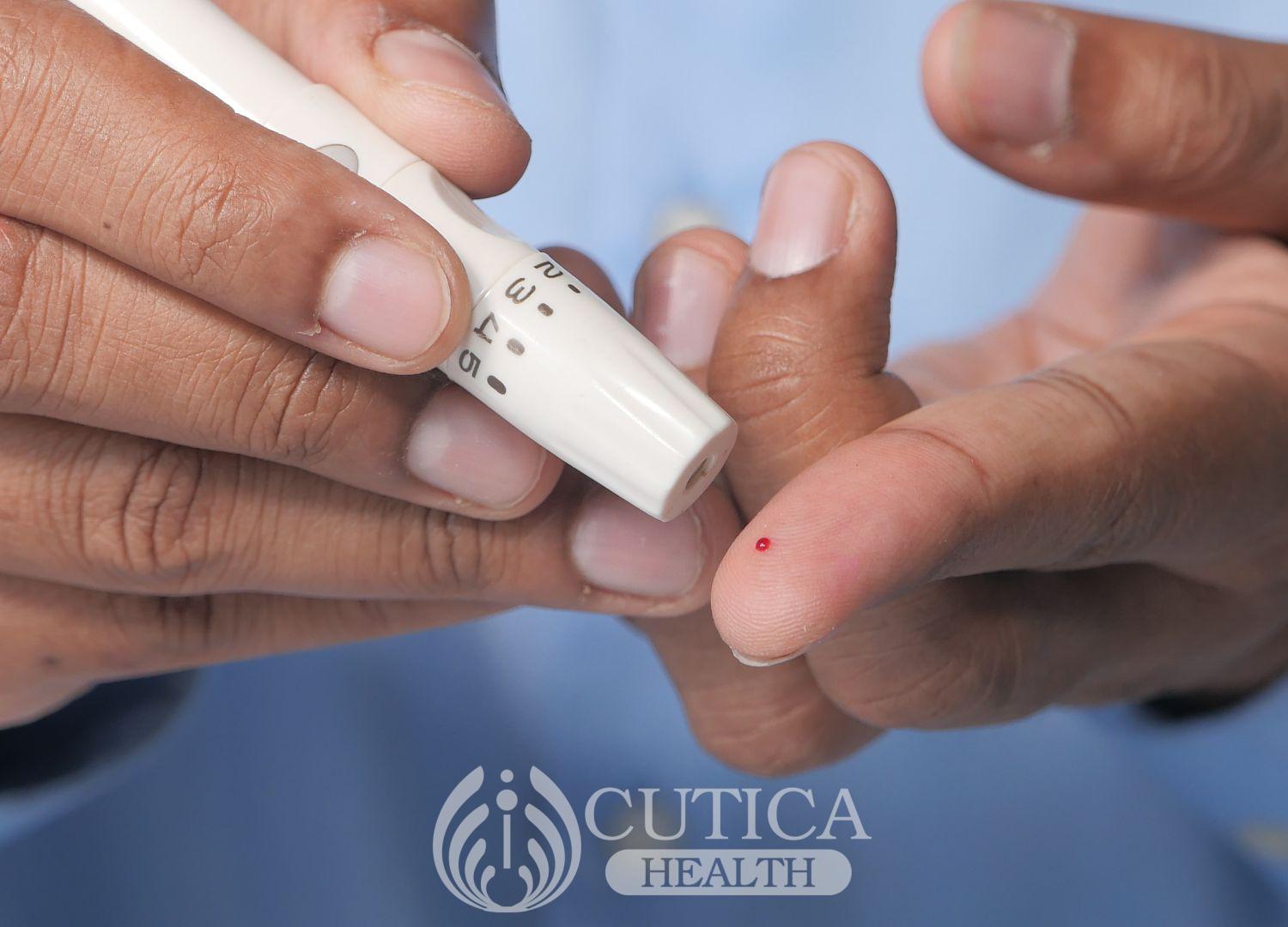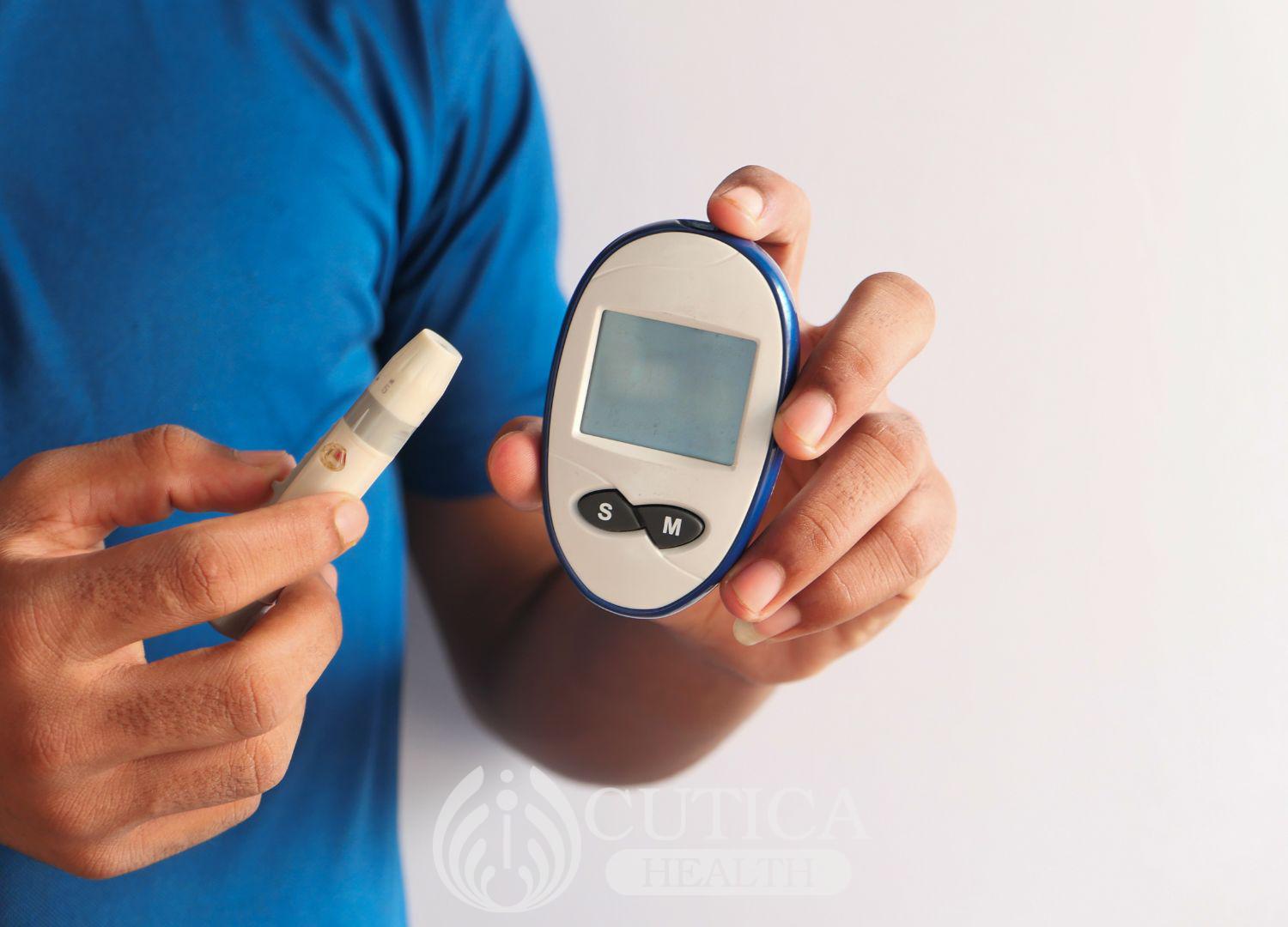
“Mr. Bright, I can see your blood sugar levels are dropping now” Dr. John said. “Yes, Doctor. I’ve been doing my best to follow the advice you gave; however, I’m still concerned that I have this condition at all” My Bright said. “I want to know how I got this, so that I can at least prevent it from happening to my children” he added
Diabetes is a condition in which the body loses control of sugar; in other words, your body can no longer regulate your blood sugar levels, so it keeps climbing up after each meal. This happens when the hormone that regulates blood sugar, insulin, is either deficient or the body does not respond to it. Consequently, blood sugar keeps rising unchecked, until it reaches dangerously high levels. 
The problem with diabetes is that it is a rather quiet disease. It often does not show any signs until your blood sugar levels are too high. This could lead to serious complications, such as blindness, stroke, and kidney failure, over time too. You might begin to wonder now how one gets this condition; the answers include:
Genetics
Many cases of diabetes occur as a result of genetic predisposition; meaning you could inherit the gene defects responsible for diabetes a parent that is diabetic and even transmit the same defects to your children. In this situation, your risk of getting diabetes is higher than one without a family history of the disease.
Environmental Factors:
Environmental factors such as viral infections and use of certain medications such as steroids and some HIV medications may damage the organ that releases insulin.
Obesity: Obesity and overweight are the major risk factors for type 2 diabetes. The more fat tissue accumulates in your body, the more resistant your cells will become to insulin. Common causes of obesity may include genetic predisposition, physical inactivity, and unhealthy dietary habits.
Age: The older you get, especially after the age of 45 years, the more likely you are to develop diabetes, especially the type of diabetes that occurs when your body loses its responsiveness to insulin. This is because of the high tendency for physical inactivity, loss of muscle mass, and weight gain which may occur as one ages. In a recent report, it was shown that adults aged 45 to 64 years were the most diagnosed population for diabetes. However, if there is a genetic predilection, one may present with diabetes at an earlier age.
History of Prediabetes
In prediabetes, or what doctors call impaired glucose tolerance, your blood sugar levels are higher than normal, but not high enough to be considered full-blown diabetes. At this stage, employing preventive measures could slow down how sugar accumulates in your bloodstream and restore your body’s ability to regulate it. If not, this could tilt you to having diabetes.
Race:
Type 2 diabetes is more common among black people, American Indians, Asian-Americans, and Hispanics. Although scientists are yet to understand this correlation between race and diabetes, I could be linked to genetic issues.
Hormonal Problems
Hormonal problems such as polycystic ovary syndrome that affects women may increase your risk of developing diabetes. This condition causes several swellings to appear in the ovary, which leads to imbalance in the female reproductive hormones. 
It is important to keep an eye on your health routinely; get regular sugar checks done to know your status and keep tabs on your lifestyle and food consumption to lower your risk of diabetes.












